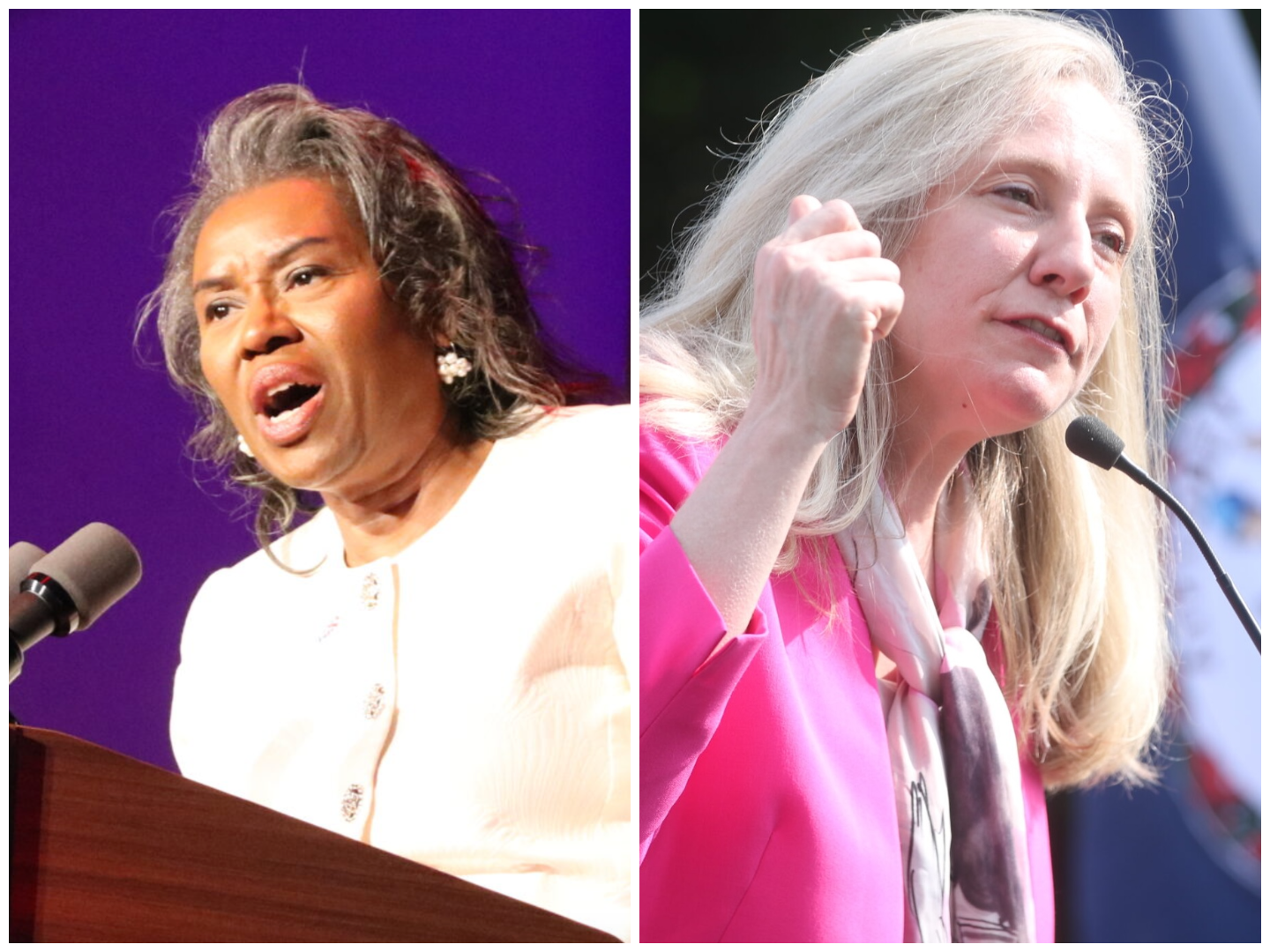During a recent stop on her book tour, Kamala Harris publicly condemned the indictment of New York Attorney General Letitia James, framing it as politically motivated. The exchange took place in Washington, D.C., where Harris paused her remarks to address the legal charges, drawing applause and sparking controversy.
Harris’s remarks signal her broader approach to justice and political accountability at a moment when legal battles and partisan tension are on full display.
Background: Letitia James Faces Indictment
Letitia James, the New York State Attorney General, was indicted in Virginia on charges including bank fraud and false statements. The indictment alleges she misrepresented property details to gain favorable loan terms. James denies wrongdoing and characterizes the prosecution as retaliatory.
Her legal troubles have added tension to already heated political climates. As a supporter of legal transparency, Harris responded during her book tour to what she framed as an attack on justice, not just on one individual.

Harris Speaks Out During Tour
At the D.C. event promoting her memoir 107 Days, Harris interrupted her own remarks to address the James indictment. She criticized the timing and asserted that the charges were part of a broader pattern of political targeting.
Her tone was firm: she called for fairness, due process, and scrutiny of prosecutors who wield power. The crowd responded with applause when she stated that James deserves a fair legal process, not a motivated prosecution.
Harris further drew comparisons to other legal cases involving powerful figures, and warned that the independence of the justice system is under threat when politically charged indictments become tools of retribution.
Expert Insight: Legal Stakes & Political Messaging
Harris’s intervention does more than express solidarity—it’s a signal. As a former prosecutor and current public figure, her stance carries weight. By publicly defending James during a high-profile event, Harris positions herself as a defender of institutional fairness.
However, critics argue that linking legal proceedings to partisan politics risks undermining public trust. While Harris frames the case as a fight for justice, opponents will question whether her comments risk conflating criminal accountability with political affiliation.
Still, her move highlights how lawyers turned politicians must balance their legal background with political responsibility — especially when legal fights intersect with political narratives.
Consequences & Broader Implications
Harris’s statements may energize her base and reinforce her image as a champion for marginalized voices. But they also invite intensified scrutiny from opponents and legal observers alike.
For James, Harris’s public defense brings more media attention and may influence public perception of the case. If the trial proceeds, these early narratives could shape how the public views the legitimacy of the charges.
Moreover, Harris’s approach may set the tone for how political figures speak about ongoing legal matters. Her willingness to intervene at such events suggests that future legal controversies may increasingly be arenas for political theater as well as justice.
Conclusion: A Moment of Convergence
Kamala Harris’s defense of Letitia James during her book tour event is more than a supportive gesture—it reflects her deeper commitment to legal fairness and her view of the justice system’s role in politics.
By stepping into this legal dispute publicly, she affirms that the fight over indictments and power isn’t just about individuals—it’s about the integrity of institutions themselves.











